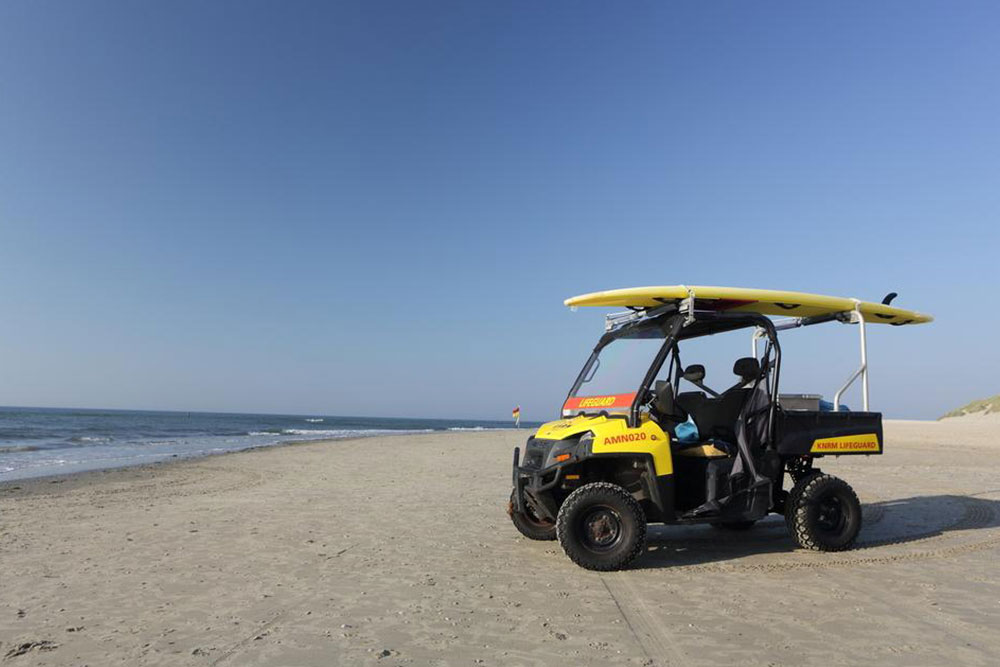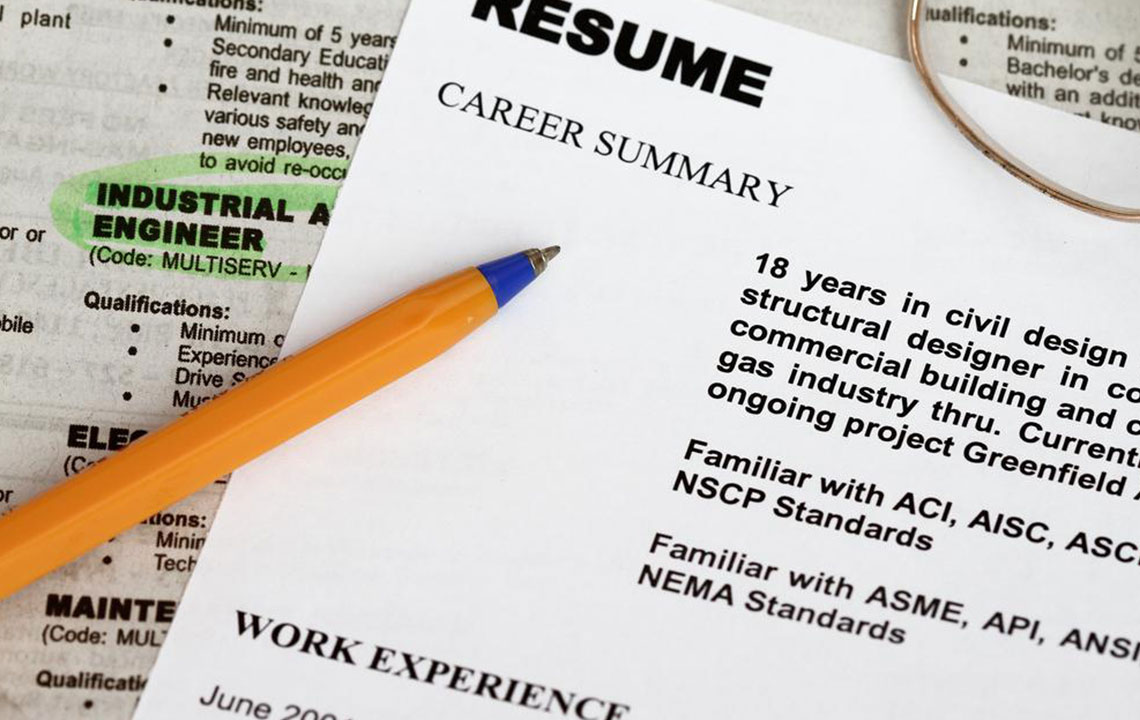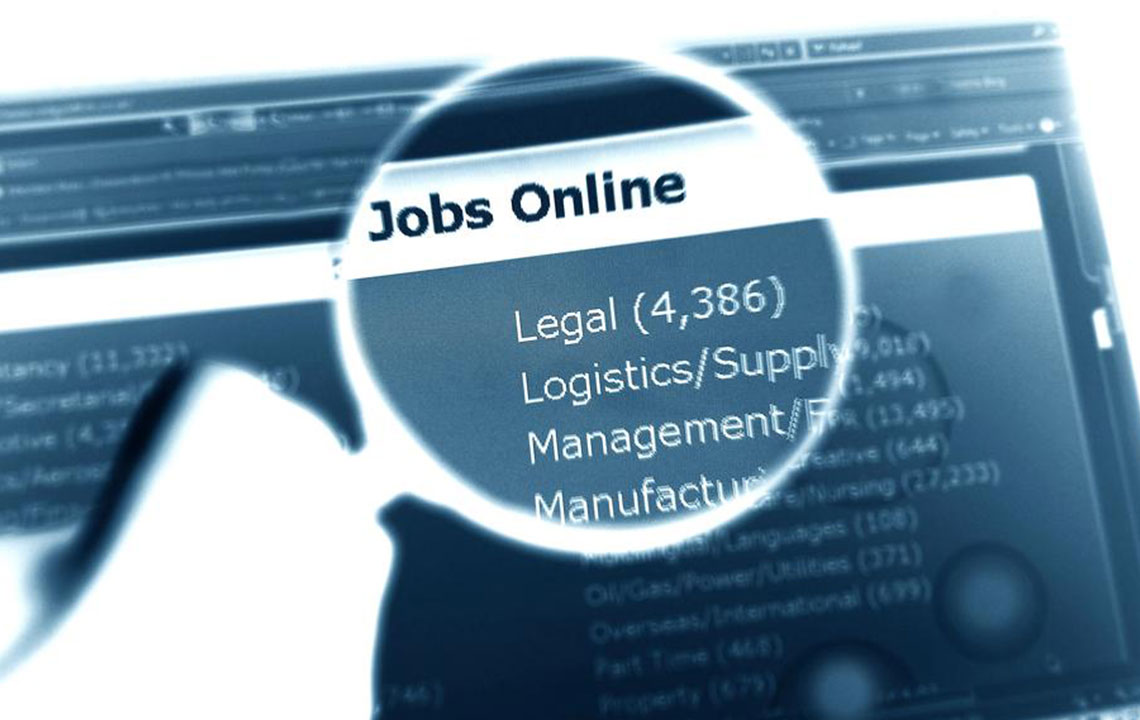Career Opportunities and Industry Outlook for Forklift Operators in Japan
Discover the current landscape and future prospects for forklift operators in Japan. This article covers job opportunities, required skills, industry challenges, and emerging trends like automation and eco-friendly technologies. Whether you're seeking employment or aiming to upgrade your skills, learn how Japan's logistics sector offers long-term career growth supported by government initiatives and technological advances.

Career Opportunities and Industry Outlook for Forklift Operators in Japan
Japan's advanced manufacturing and logistics sectors create a steady demand for forklift operators, essential for efficient goods handling in warehouses, factories, and distribution centers. This article reviews the current job landscape, the hurdles faced by workers, and the future of forklift employment in Japan.
1. Employment Opportunities:
Forklift operators are highly sought after in Japan's manufacturing, warehouse, distribution, and construction industries. The rise of e-commerce and complex supply chains have increased the need for skilled professionals. Major employers include Toyota Industries, Yamato Transport, Amazon, and Rakuten.
2. Qualifications and Skills Needed:
To work as a forklift operator in Japan, candidates must obtain a government-approved license, which involves completing accredited training covering safety measures, operational techniques, and practical tests.
Key skills include:
Proficiency with various forklift models
Excellent spatial awareness and coordination
Knowledge of safety standards
Basic understanding of warehouse systems
3. Work Conditions and Environment:
Forklift operators operate in environments like warehouses, factories, and distribution hubs, performing tasks such as loading, unloading, transporting materials, and organizing goods. These roles can be physically demanding, often requiring extended hours and occasional overtime. Safety is of utmost importance, with regular training and safety checks to mitigate risks.
4. Industry Challenges:
Remaining competitive in this field involves navigating challenges such as:
Workplace Safety Risks: Confined spaces and busy traffic increase the chance of accidents, demanding constant vigilance.
Salary Discrepancies: Wages can vary greatly depending on location and employer size, sometimes undervaluing the role.
Job Security Threats: Automation, including autonomous forklifts and robots, may impact traditional roles in the future.
5. Future Trends and Opportunities:
Despite current challenges, the outlook for forklift jobs is optimistic, driven by technological innovation and sustainability initiatives. Opportunities include:
Technological Skills: Learning to operate and maintain autonomous forklifts and robotics offers a competitive edge.
Eco-Friendly Equipment: Growing demand for electric and hydrogen-powered forklifts creates new job avenues for skilled operators.
Government Support: Vocational programs and subsidies aim to boost employment and skills in logistics industries.
Forklift careers in Japan represent vital roles within a thriving logistics and manufacturing landscape. While safety, wages, and automation pose challenges, embracing new technologies and skills ensures a promising future. Continuous learning, safety compliance, and adaptability will be crucial for operators seeking long-term success in this evolving industry.
Note:
Our platform provides informative articles across multiple sectors, offering valuable insights. However, content should not be seen as definitive or all-inclusive. The editorial team is not responsible for discrepancies or information outside our scope. Readers are encouraged to explore additional resources for comprehensive understanding and benefits.










